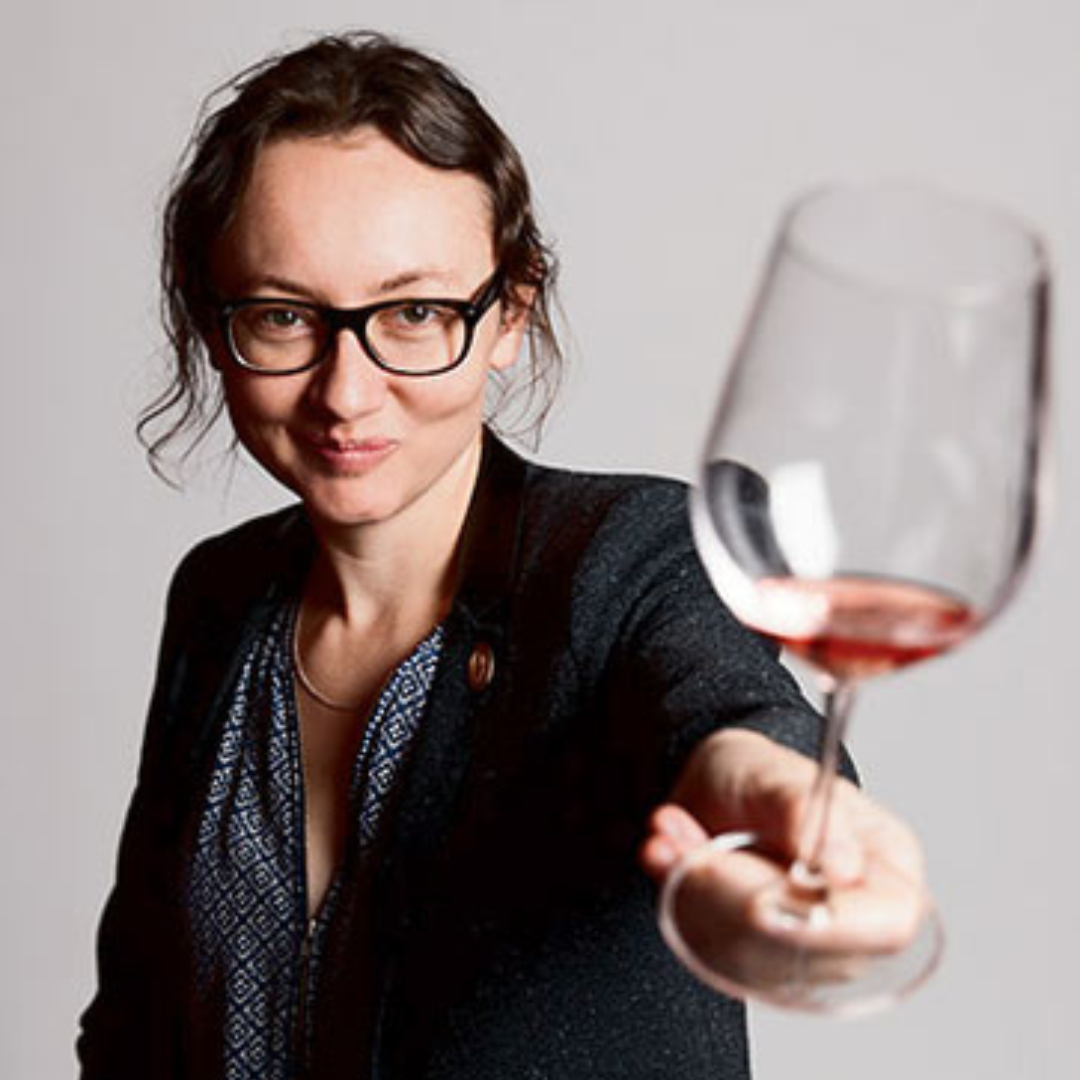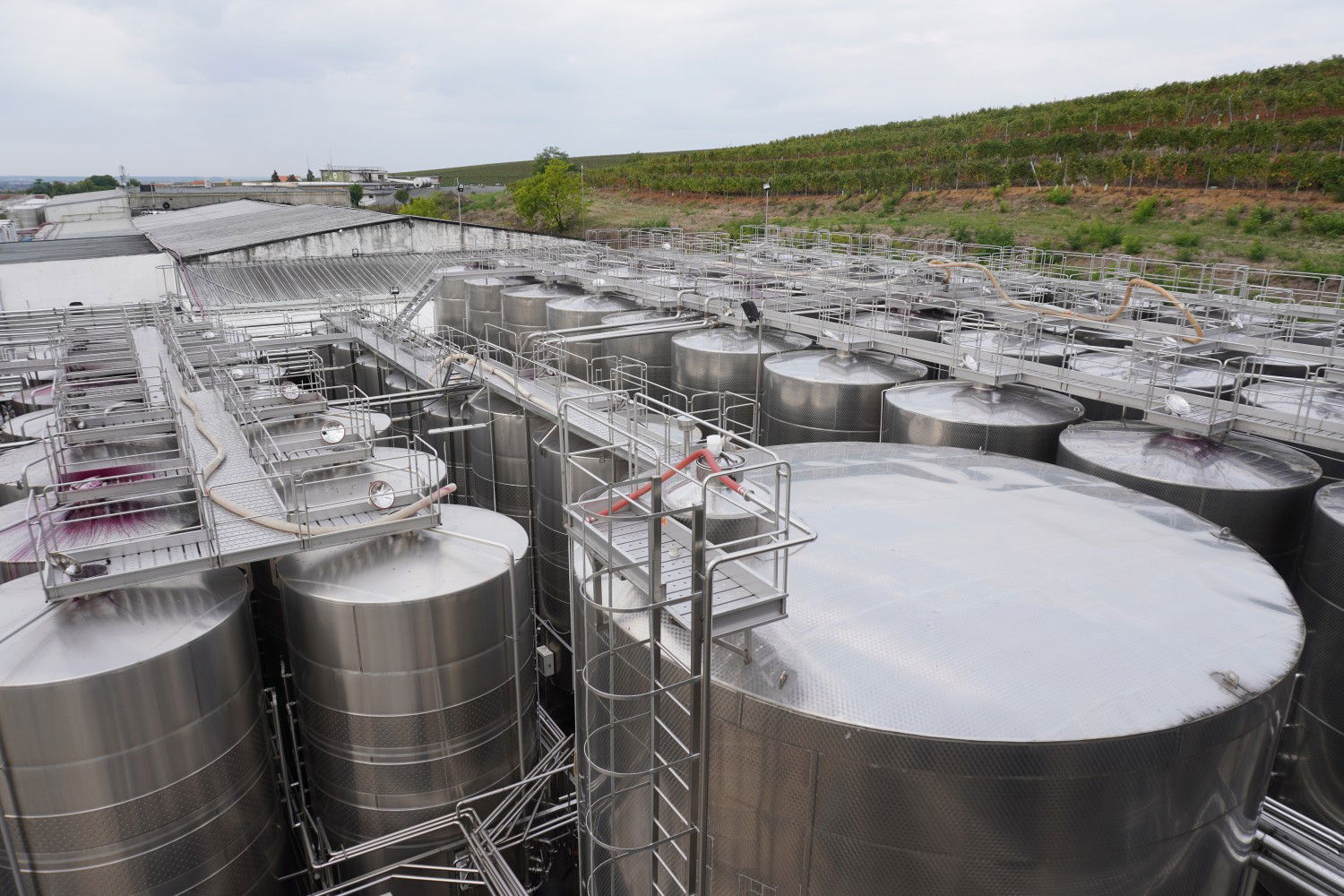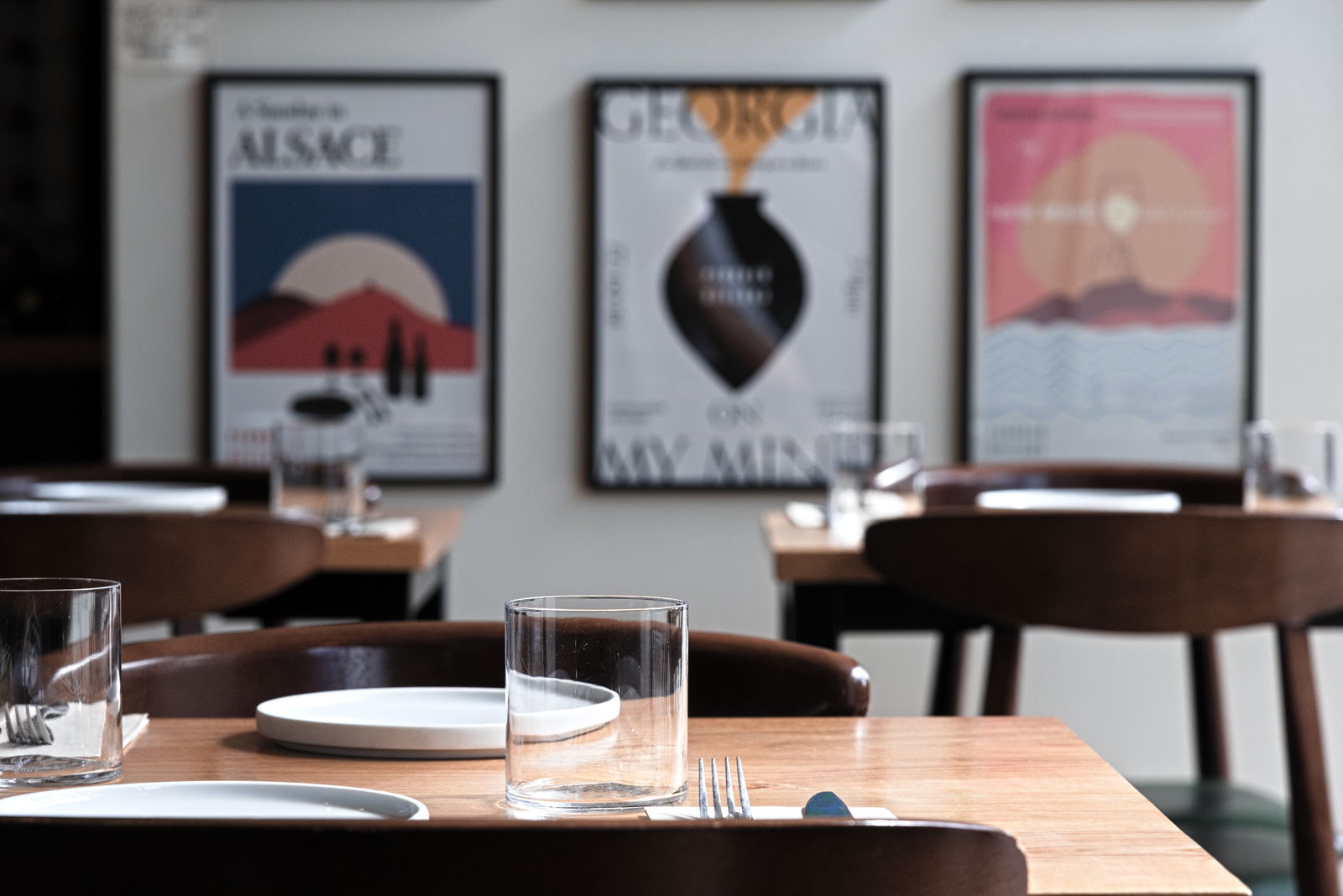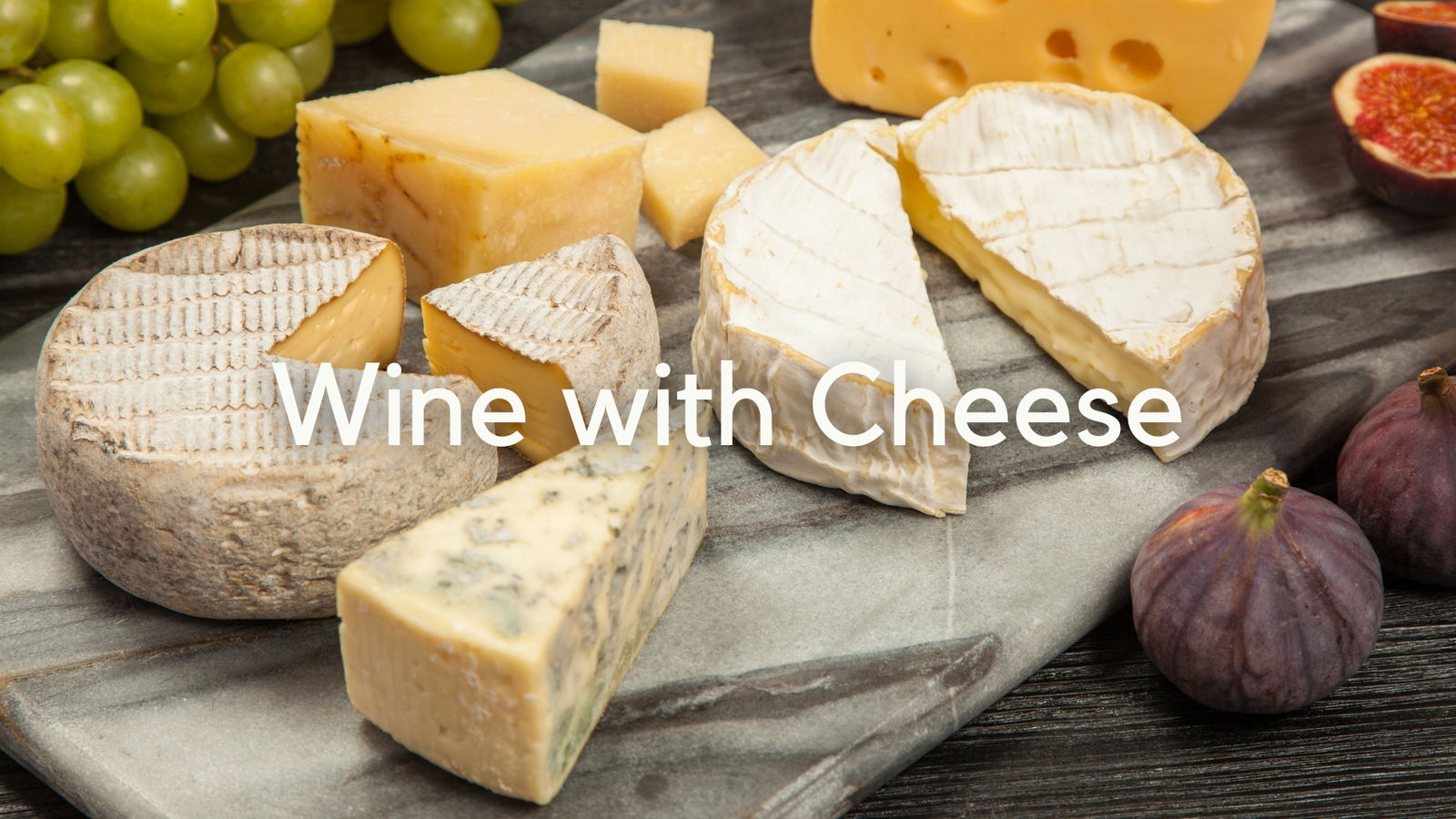BLOG
Pascaline Lepeltier: Sommelière Moderne
Jacopo Mazzeo
Wine Culture

Pascaline Lepeltier is one of the world’s most respected and modern sommeliers and restaurateurs. Her list of accolades and professional achievements is endless. In 2018, she was the first woman ever to obtain the Meilleure Ouvrière de France in sommellerie (this is a very prestigious award that loosely translates to "best tradesperson of France") and the same year, she was named Best Sommelier of France. 2018 was action-packed for Pascaline as she also featured in popular wine-themed movie Somm 3.
Fast forward to this 2023: Pascaline will again be leading a group of Wine Scholar Guild students on an immersion study trip to the Loire. Ahead of this sold-out trip, I sat down with Pascaline to talk about her recent experience at the Association de la Sommellerie Internationale (ASI) Best Sommelier of the World 2023 contest, what’s so special about the Loire, and the philosophy behind her latest book Mille Vignes, which will be published in English in early 2024.
JM: You recently represented France in the ASI Best Sommelier of the World competition. What made you decide to take part?
PL: People have different reasons to go to competitions. Mine evolved over time. When I started my career I had a different background compared to other sommeliers. I didn't feel I had the credentials to become a sommelier because I didn't go to culinary school. Competitions were for me a way to legitimise myself as a professional somm. Then I took a break from competitions because I didn't really like the idea of awards going to a single person.
I did the Master Sommelier (MS) program originally because I needed the diploma to stay in the United States, but also liked the idea of not being the only one being recognised, rather it but being a promotion of people and advancing the industry.
I went back to France where I won the Meilleure Ouvrière de France (MOF) title. At the same time, by coincidence, we had the Best Sommelier of France competition. It's very rare to have the two in the same year, so I used it as training and very luckily I won both. I used these competitions to stay relevant, to learn, to become a better professional, manager, and teacher.
Right now we have a golden generation in France. My goal of participating in the Worlds Best Sommelier contest in 2023 was to keep pushing the entire group of contestants. I went into it as a team and I happened to qualify and represent France.
The competition has given me a platform whereby I can contribute to change this profession by helping sommeliers across the globe realize how important their role is in championing a more responsible approach to eating and drinking. This should be a priority in our society. When you drink a real wine with energy and that has a true sense of place, you experience a more respectful form of agriculture. By choosing which wines we want to support and talk about, sommeliers can play a big role in promoting this type of consumption.
Also, the competition allowed me to champion a type of sommellerie that is not just about fancy bottles and a perfect decanting. It's not all about the pure ritual of service.
I work with a wide range of wines, most made using environmentally, socially and economically sustainable standards. Sommellerie today is not currently focused on how to work with, serve, keep, pair with food and age this type of wine.
These wines are often made with fewer additives so they might present more bottle variation as a result. These are not “pop-up and pour” wines that are so stable that they will taste the same anywhere and anytime. To me, "pop-up and pour" wines are simply alcoholic beverages made with grapes that lack a sense of time, place, humanity (in other words: terroir).
When it comes to the wines I serve, I feel that my responsibility is to explore different avenues to improve the service and understanding of these wines.

Philippe Faure-Brac, Benjamin Roffet, Pascaline Lepeltier and David Biraud
@Union de la Sommellerie Française
JM: How did you prepare for the competition?
PL: I started very slowly because I just didn't have the time as I was in the process of finishing my book. When you have such time restraints you have to find a routine. Until September 2022, I just tried to be the most efficient. I had my restaurant so I could blind taste and do my cocktails there – small tasks every single day, 5 or 10 mins, nothing too time consuming.
In parallel to, I also focused on my physical health. Specialists from France’s olympic archery team set up a program for me that involved running, one hour of tennis a week, and even some meditation. Little by little I improved my physical condition, so when I did have one hour to study I was immediately in the right mindset. I could focus entirely on studying and not think about anything else.
Once I finally finished the book I went full speed in theory and I incorporated more and more practical and specific training.
 Pascaline Lepeltier
Pascaline Lepeltier
JM: What else did you gain from competing?
PL: I didn't just want to pass an exam. If I have to go back to learn about all this stuff, I wanted to learn something that’s useful for my job, otherwise there is no point. Of course, when you compete, you care about results, but it would have been impossible for me to have the best result if I wasn't doing it also for the learning.
I worked with David Biraud who is an extraordinary mentor and a previous competitor. Everything we did has been tracked and recorded so it can be helpful for anyone doing the competition in the future. Knowing that i was also doing stuff that was going o be used by other people to improve was a big stimulus for me.
JM: In June, you are leading a WSG study trip to the Loire. What’s so special about the region?
PL: I wasn't born in the Loire but I consider myself a Loire native.
It's a great region. Geographically, it can be seen as homogenous, simply because it's crossed by one river. But in fact, it's composed of many different individual parts, that form a unique whole.
It’s also a very human region. Even though there are a few large negotiants and co-ops, it's still driven by small artisan producers.
Wines here are still affordable so anyone can still enjoy wine of the highest quality. The most expensive wines are very rarely above €100 and a large majority are lower. And we are talking about wines that you can often keep for 100 years! You can buy Huet’s Cuvée Constance for a great price and it will hold up for a century. In fact, I have one of Huet's wine on my restaurant's wine list from 1919. I've also tried Clos Rougeard 1900 and Domaine de la Chevalerie from the end of the 19th century and these wines were still showing well!
This all together makes for a region that is difficult NOT to love.

WSG students on a vineyard visit in the Loire
JM: Is there anything that people can’t understand about the Loire unless they actually go there in person?
PL: People are really surprised when they go because it's a very large region, not like Alsace or Burgundy which are very condensed. They realise it's not really one wine region but clusters of multiple regions. When they go to Sancerre for instance, they think they know it, that it's easy to understand as an appellation but then realise it’s unbelievably beautiful and complex. So much so that it should be thought like Burgundy premier and grand cru.
The same thing when you go to Chinon, Bourgueil, Saumur. You think it's just Cabernet Franc and there's one big slope. Then you visit and you start to notice the difference of tuffeau, the river, you understand why estates make 6, 7, or 8 different Cabernet Francs.
More and more people are working with vineyard designation according to terroir. We are still at the beginning of that. But only when you visit, you realise it is absolutely legitimate and it's going to make the Loire even more interesting.
JM: Is that something you’re going to explore during the upcoming WSG trip?
PL: Yes, absolutely. In Sancerre we are going to meet some terrific producers who are working on terroir designation. We are going to have lunch with Thibaut Boulay who wrote a fantastic book on geology in Sancerre and the single vineyards. We are going to see Mathieu Baudry in Chinon who has been working to maps with terroir designations. He has been one of the major producers behind that. We also visit Quarts de Chaume to talk about single plots there and how they're going to add dry white wine, and we'll do the same in Muscadet.
Students are going to be able to exchange first-hand with the people who are vocal and making a difference in these regions.

WSG students on a winery visit in the Loire
JM: Your recently published book – Milles Vignes – will soon get an English translation. What is that about?
PL: The book is something I would have liked to read when I started in the wine world. I cover the three big parts of the wine world: the vines, the vineyard and the terroir and the wine (production, quality, how we taste it, why we drink…). I try to go back to the fundamentals to explain the current concepts and ideas and how can every reader build his or their own truth about wine.
The book has very short chapters of four to six pages maximum, each on a separate subject. You can read them individually, or in one after the other. I wrote it in this way to prove that all of the subjects are connected. The English version should hopefully be out in early 2024.
JM: People are welcome to read the chapters in whatever order they like. What inspired you to adopt this approach?
PL: The title is a tribute to a philosopher who had a big influence on me, Gilles Deleuze, who wrote a book with Félix Guattari in 1972 called Mille Plateaux (a thousand plateaus). It was a turning point for philosophy. He developed a very important concept that I explore in my book, the use of rhizomatic thought, instead of words, to learn and to taste.
While usually you start from the beginning, you can read his book starting from anywhere. There is no one point of entry. Any entry is ok. There is no hierarchy of knowledge, but a dynamic interdependence, a network, a sort of internet link if you want. That's the idea of rhizome and I think it is a great concept to apply to how we taste wine!




